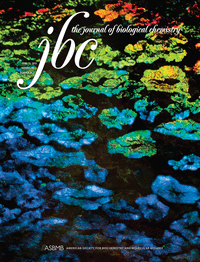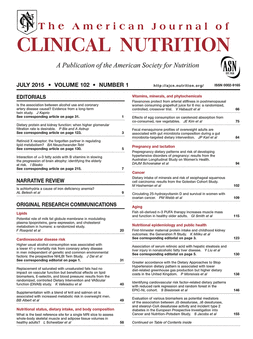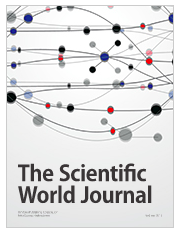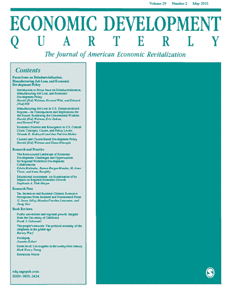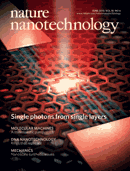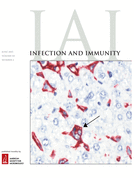 Scientists have pulled their 2013 Infection and Immunity paper after a reader noticed duplicated data in three figures, and the first author was “unable to provide the original data used to construct the figures,” according to the journal’s editor-in-chief.
Scientists have pulled their 2013 Infection and Immunity paper after a reader noticed duplicated data in three figures, and the first author was “unable to provide the original data used to construct the figures,” according to the journal’s editor-in-chief.
According to the retraction note, “the first author has accepted responsibility for these anomalies” — similar to another recent retraction from the same journal, also due to image duplication reported by a reader (apparently the journal has one or more careful readers).
The paper, “Pseudomonas aeruginosa Outer Membrane Vesicles Modulate Host Immune Responses by Targeting the Toll-Like Receptor 4 Signaling Pathway,” concerns the role of outer membrane vesicles excreted by the bacteria to incite an inflammatory response in mice. It was written by authors at the University of North Dakota, Sichuan University in China, and the University of Chicago, and has been cited six times, according to Thomson Scientific’s Web of Knowledge.
Here’s the complete retraction note:
Continue reading Another “first author has accepted responsibility” retraction from immunity journal
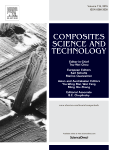 A 2014 paper on a component for thin electric circuits has been retracted from Composites Science and Technology due to a “disagreement” over author contributions, according to the retraction note.
A 2014 paper on a component for thin electric circuits has been retracted from Composites Science and Technology due to a “disagreement” over author contributions, according to the retraction note.
